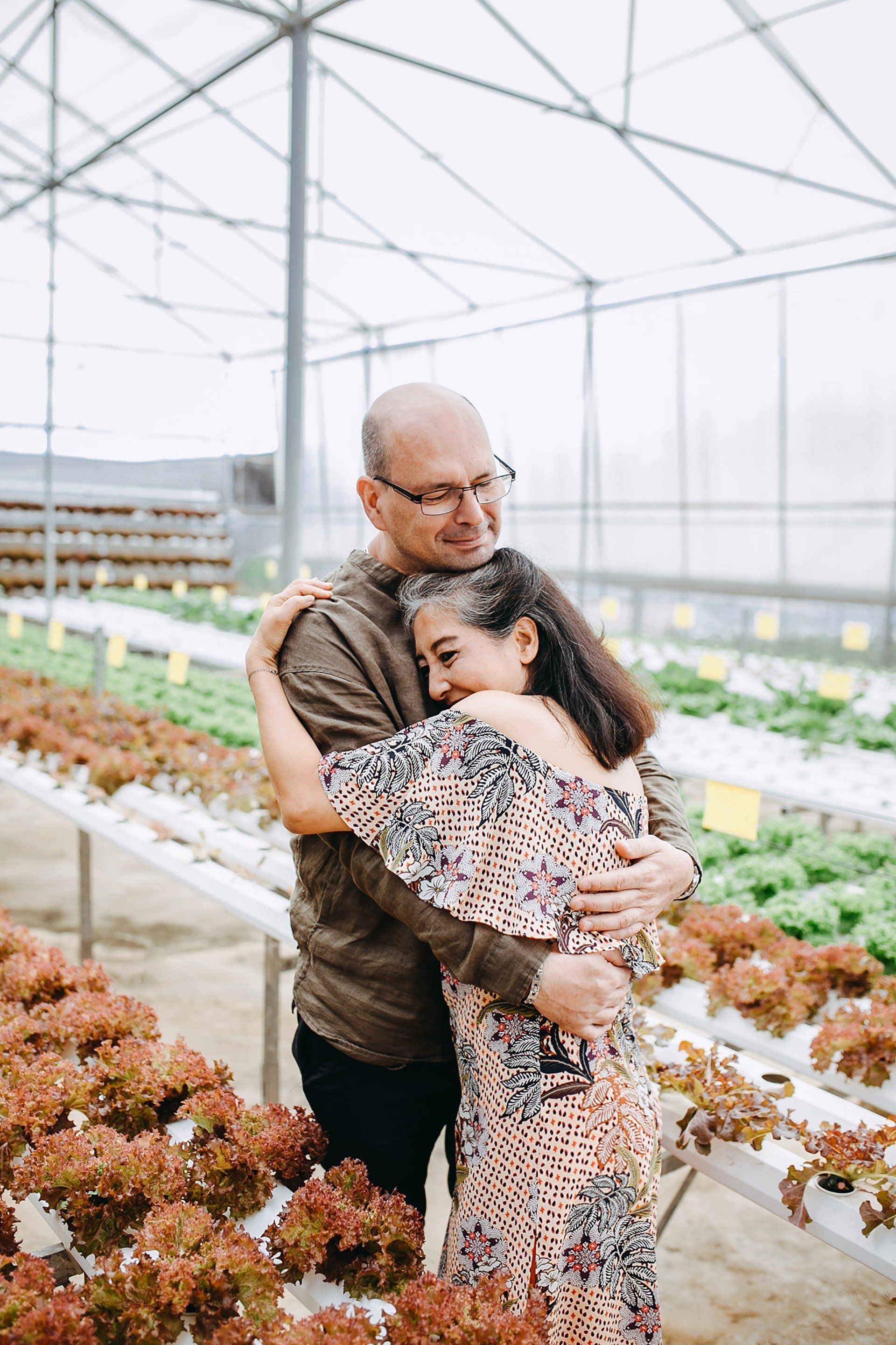When you notice someone looking out of sorts, have the courage to ask what is genuinely going on for them.
When someone responds by telling us how they are feeling and what happened to them, we become trusted stewards of their story. Brene Brown calls this “story stewardship”. Story stewardship means we’ve been entrusted with something valuable that we must treat with respect and care. We do this by listening, being curious, affirming and believing people when they tell us how they experienced something. It’s only then that we are able to connect, engage and walk alongside.
Responses that get in the way of truly hearing and building trust with another include taking-over and tapping-out. We shut people down when we take over their story and make it about us or our perception of what happened. Narrative takeover occurs when we jump in with our contribution too soon, even with the best intentions.
We hijack someone’s story and leave them feeling unheard. Narrative tap-outs range from subtle disinterest to complete shutdown. This response is usually due to our discomfort around the topic or feeling that we don’t have the energy to take on someone’s issue.
It can be difficult to listen to someone’s story of grief, harm or injustice. We want to make it better. We want to problem solve. We want to give advice. The best story stewardship in these moments is to make it explicit that you appreciate their courage in sharing their story and you are grateful they entrusted you with it. Secondly, enquire what would be helpful for them. Are they simply seeking a listening ear?
Do they need a collaborator in finding a way forward? Would they welcome the contribution of a different perspective? Advice giving is fine if it is asked for, however, unwelcome advice can damage a relationship.
When entrusted with someone’s story, check yourself before you respond. Questions to ask yourself: Am I trying to alleviate my own discomfort by jumping in here? Have I heard what this person really needs from me? You can never overstep the mark with good listening skills so remain actively engaged in listening mode until your contribution is invited. Good stewardship of stories entrusted to you results in deeper trust, closer connections and more satisfying relationships.
Linda Gray
linda@relationshipsanctuary.com.au
0401 517 243
MORE SCENIC NEWS
-
COMMUNITY CAMERA ALLIANCE – YOUR CHANCE TO HELP
Mar 28, 2024ButtonIt's essential for community members to remain vigilant and take steps to safeguard their properties and vehicle...
-
GALLERY’S $30,000 MAJOR ART AWARD RETURNS
Mar 28, 2024ButtonThe award, named after the sacred mountain which the Gallery overlooks, is open to artists living across the...
-
ANNE HOITINK – APRIL 2, 1945 – MARCH 15, 2024
Mar 28, 2024ButtonMigrated to Australia on 29 November 1952, aged 7 years. Going directly to the suburb of Reid in Canber...
-
KERRI: AN HONOUR TO FILL THE ROLE FOR DIVISION 2
Mar 28, 2024ButtonDuring the pre-poll part of the campaign, I was very grateful for the opportunity to be able to meet an...
-
DO HOP IN FOR A NEW MONTE LUPO EXHIBITION
Mar 28, 2024ButtonMonte Lupo was established by Multicap in 1991 to provide meaningful employment to people living with di...
-
GREAT SUCCESS FOR LITTLE ATHLETES
Mar 28, 2024ButtonRuby, Lily, Talia, Torah, Hugo, Leiawyn, Aric, Dean, Mitchell, Harvey and Noa; you all should be so proud ...
-
A NEW CHAPTER FOR WOLVES BASKETBALL
Mar 28, 2024ButtonAs the sun sets on an incredible experience, it's time for me, Adam Chanter, to say farewell as the Pre...
-
GRAND OPTIONS CATER TO MOST NEEDS AND TASTES
Mar 28, 2024ButtonFor weddings, services can be held in The Old Church, which stands as a proud member of architecturally sig...
-
BREACH OF CODE: RULING ON MAYOR CHRISTENSEN RAISES MORE VOTER CONCERNS ON ELECTION EVE
Mar 14, 2024ButtonAdditionally, Christensen is to bear his legal costs, with a warning that any future infractions will be classifie...
-
THE LONG ROAD SPORTS CENTRE AND REGIONAL SPORT - WHERE DO YOU STAND
Mar 14, 2024ButtonThe SRRC Sports strategy 2010-2020 is to be shortly superseded by the 2024 – 2034 SRRC Sports Strategy....
LOCAL BUSINESS
COLUMNS
-
Beauty & Wellness
ButtonWriter: Rebecca Mander - Naturally Cos
-
Community Care
ButtonWriter: Geoff Marshall
-
Embrace
ButtonWriter: Jaap Vogel
-
Food for Thought
ButtonWriter: Dylan Gittoes
-
Hooked on Books
ButtonWriter: Friends of TM Library
-
Living with Dogs
ButtonWriter: Pam Brandis (Dip. Canine Prac.)
-
Nature Notes
ButtonWriter: Nadia O’Carroll
-
Pastor Kim
ButtonWriter: Pastor Kim Dale
-
Physio Talk
ButtonWriter: Neil Bell (Tamborine Mountain Physique)
-
Police News
ButtonWriter: Sgt Mark Shields
Officer in Charge
North Tamborine Police
-
Politics
ButtonWriter: Local Councillors and Representatives
-
Relationships
ButtonWriter: Linda Gray
-
The Mtn Midwife
ButtonWriter: Bree Lowing (Registered Midwife)
-
Travelling Places
ButtonWriter: Travelling Places Tamborine Mtn
-
Wine chat
ButtonWriter: Imogen Mulcahy
-
Yoga Under the Bodhi Tree
ButtonWriter: Margot Wagner
Your Local Paper
to read, keep & share

Your Local Paper
to read, keep & share
CONTACT
PO Box 118, North Tamborine Qld 4272
Phone: 0407 671 286
Email:
news@tmnews.com.au
ads@tmnews.com.au
Design by BjornSchmal.com


















